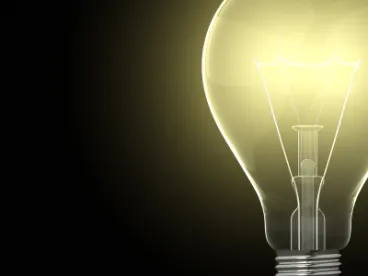Addressing the issue of Article III standing and obviousness in an appeal of an inter partes review (IPR) decision, the US Court of Appeals for the Federal Circuit found that the petitioner had standing to appeal because past activities created a controversy between the parties. Grit Energy Solutions, LLC v. Oren Techs., LLC, Case No. 19-1063 (Fed. Cir. Apr. 30, 2020) (Prost, CJ) (Newman, J., concurring in part, dissenting in part).
Oren owns a patent directed to a system for storing and discharging proppant. Oren filed suit against Grit Energy alleging infringement of the patent at issue. Grit Energy transferred ownership of the accused products after the litigation began, and the parties jointly stipulated to dismissal. Around the same time, Grit Energy filed an IPR petition challenging claims of the patent at issue. The Patent Trial and Appeal Board (PTAB) instituted proceedings and concluded that Grit Energy had not met its burden of showing that the challenged claims were unpatentable as obvious. Grit Energy appealed.
On appeal, Oren argued that Grit Energy did not have Article III standing to appeal the PTAB’s decision and also defended the PTAB’s decision on the merits. Turning first to the challenge of Article III standing, the Federal Circuit found that Grit Energy had appellate standing. The Court explained that it is generally sufficient for the appellant to show that it has engaged in, is engaging in, or will likely engage in “activity that would give rise to a possible infringement suit” in order to demonstrate the requisite injury. The Court noted that Grit Energy had engaged in acts that gave rise to an infringement suit. Although that lawsuit was dismissed, the dismissal was without prejudice and the statute of limitations had not yet run, leaving Oren free to pursue its previous infringement claims in the future. The fact that Grit Energy had transferred ownership of the accused products in that lawsuit did not absolve Grit Energy of liability for actions it took before the transfer. The Court explained that “[p]ast activities, like present and potential future activities, can create a controversy between two parties,” and under these circumstances, Grit Energy had demonstrated the requisite injury to establish Article III standing.
Next the Federal Circuit turned to the merits and held that the PTAB’s decision rested on an erroneous reading of one of the prior art references. The Court explained that although the claims of the prior art reference included references to a narrower, non-limiting example, this did not limit the disclosure to that non-limiting example. The Court also found that the PTAB’s other reasons did not provide an independent basis for affirmance. Accordingly, the Court vacated and remanded the case for reconsideration of Grit Energy’s obviousness arguments.
Judge Newman agreed with the majority’s holding that Grit Energy had standing to pursue the appeal. She disagreed with the majority’s treatment of the prior art, however, arguing that it is improper for the reviewing court “to edit a reference to remove its explicit limitations, and then to apply the judicially-enlarged disclosure as prior art.” Judge Newman explained that “simply stating that examples are ‘non-limiting’ does not remove explicit limitations of specific elements, and does not enlarge the disclosure to include substantive changes that are the obverse of that which is illustrated and exemplified.”




 />i
/>i
